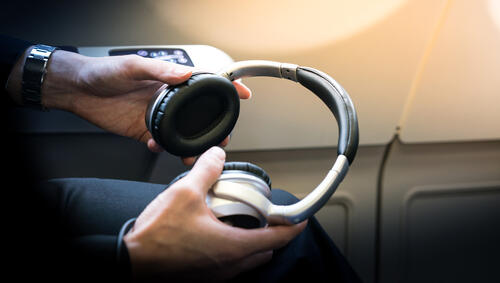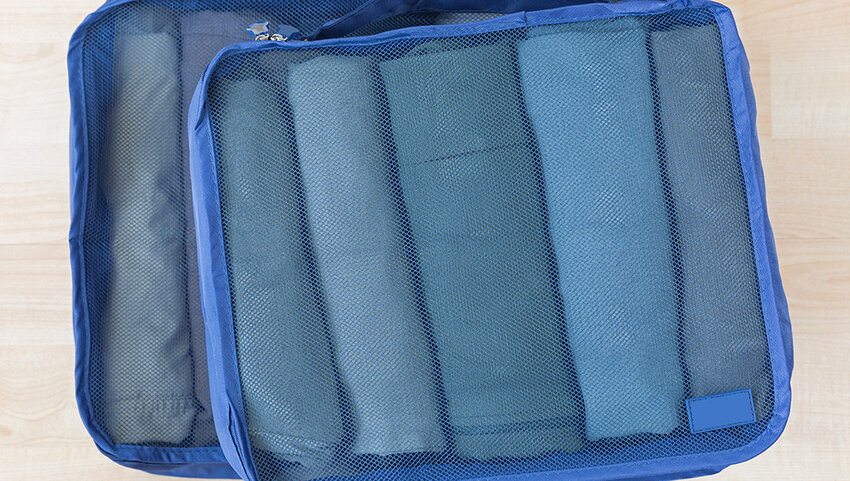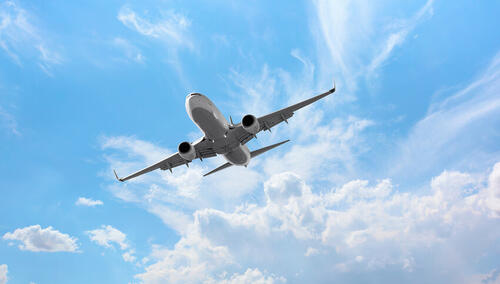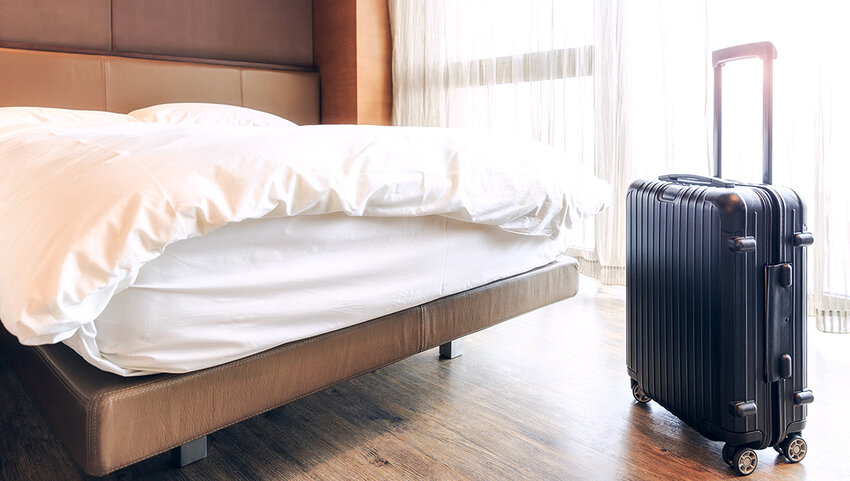If you’re planning to travel internationally, you might also be considering taking advantage of the duty-free shopping opportunities. But buyer beware: it’s not always the best option and it’s advisable to do plenty of research before making a purchase. Here are seven items that you should never buy from duty-free – and why.
Electronics
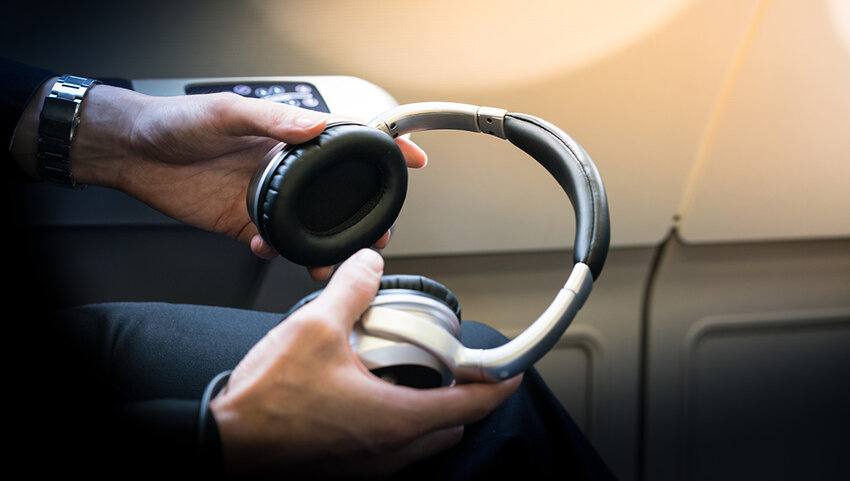
Buying electronics at a duty-free store can be asking for trouble. While we might be tempted to bag a bargain, it’s essential to scrutinize the finer details before handing over your credit card. What’s for sale might not be the latest version, the device’s voltage might also be a problem, and keyboards can be location-specific. Think too about the warranty; some don’t apply worldwide, so if you buy at a foreign duty-free store and later need a repair or refund you may regret your decision. It’s also a common misconception that every item bought duty-free will be cheaper. Retailers such as Amazon and Best Buy are often competitive on price and sometimes offer substantial discounts. Whether you’re hoping to upgrade your laptop or treat yourself to a new pair of noise-canceling headphones, do your homework before handing over your cash.
Skincare Products and Fragrances

If you’re on the outbound leg of your journey, you might be planning to splurge on some high-end skin care products or a bottle of fragrance from the airport duty-free. But if you’re traveling with carry-on bags only, stop for a minute. Check the size of what you’re intending to buy. Since 2006, restrictions have been imposed on the transportation of liquids in hand luggage. If it’s more than 100ml and a product that would be classed as a liquid, there’s a good chance it’s going to be confiscated when you try to bring what’s left back into the country. Even if you have checked baggage, there’s a risk the container might leak or break. Unless the store offers the option to collect items when you return, you might want to save this kind of purchase for the airside duty-free stores at your travel destination.
Certain Foodstuffs
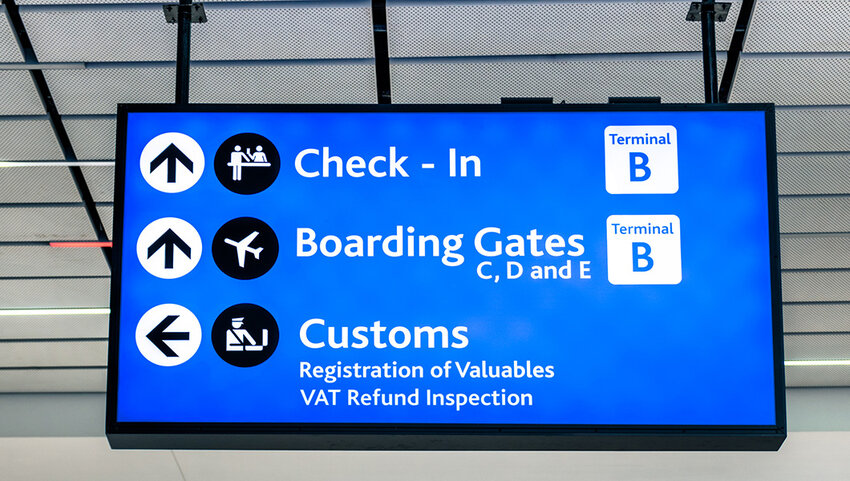
Some duty-free stores sell food items, but these too might not be a good idea. Aside from the obvious liquids issue, you might fall foul of regulations at your destination. For example, if you’re flying to Australia, the import of many types of food is strictly prohibited. While most chocolates and candies are usually permitted, the rules are very strict. You’ll be asked to fill out a detailed customs form or face a hefty fine; even if you do make a truthful declaration, a biosecurity inspection is likely and it still doesn’t mean you’ll be allowed to get the items into the country. Such regulations are often put in place to protect the local farming industry.
Alcohol

Do your research before swinging by the duty-free shop to buy bottles of alcohol. You’ll sometimes find it’s cheaper to purchase mainstream brands at a supermarket. However, special offers come and go, so the best advice is to check prices online before you travel and buy it wherever it’s cheapest. There are exceptions to this, notably where alcohol sales are strictly restricted or where a government imposes a significant tax. For example, if you’re traveling to Iceland or Norway and plan to drink while you’re there, it’s typically cheaper to buy your booze at duty-free on arrival.
Items Greater Than the Local Allowance
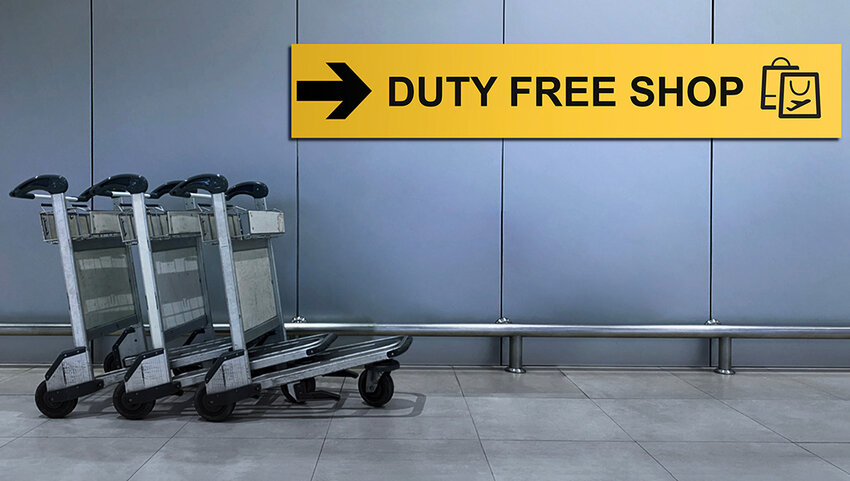
Duty-free purchases such as wines and spirits, and other items such as tobacco products, are also restricted in terms of quantity. You’ll need to ensure you stay within the limits specified by the country to which you’re traveling. As a comparison, international travelers to Germany arriving from outside the EU by sea or air may bring in a total of €430 worth of goods; U.S. returning residents usually qualify for an $800 personal exemption. This also includes the total value of goods purchased tax-free, which can vary considerably from country to country. Go over these and you’ll be asked to pay tax on the amount that exceeds your personal allowance and may even have items confiscated.
Designer Fashion
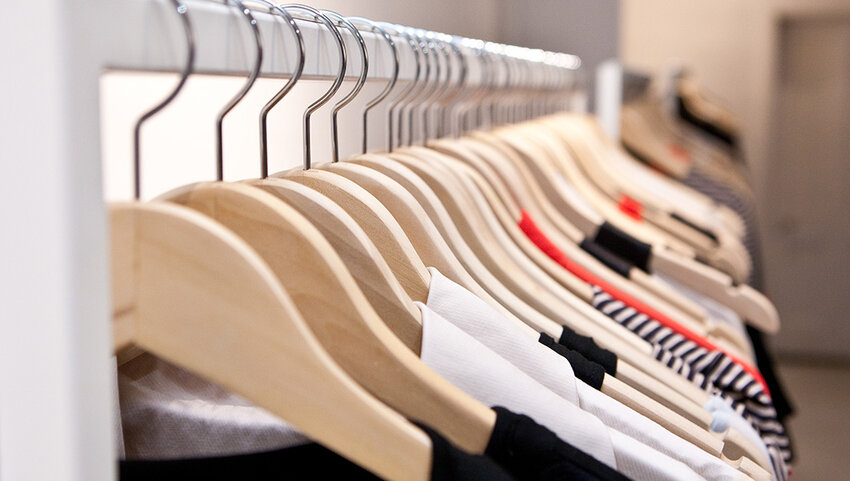
If you have a passion for designer labels, your eyes might light up at the sight of brands such as Hermès, Chanel, Louis Vuitton, Gucci, Burberry, and more when you move airside. Buying duty-free can represent significant savings but before you start making impulsive decisions, pause a moment. If you’re shopping for fashion, then one of the great advantages of doing so in a city center is the amount of choice. Meanwhile, in an airport, the available range may be much more limited. Head to a department store or neighborhood boutique and you’ll also have more time to browse, try things on, and get a second opinion on whether something suits you or not.
Expensive Jewelry and Watches
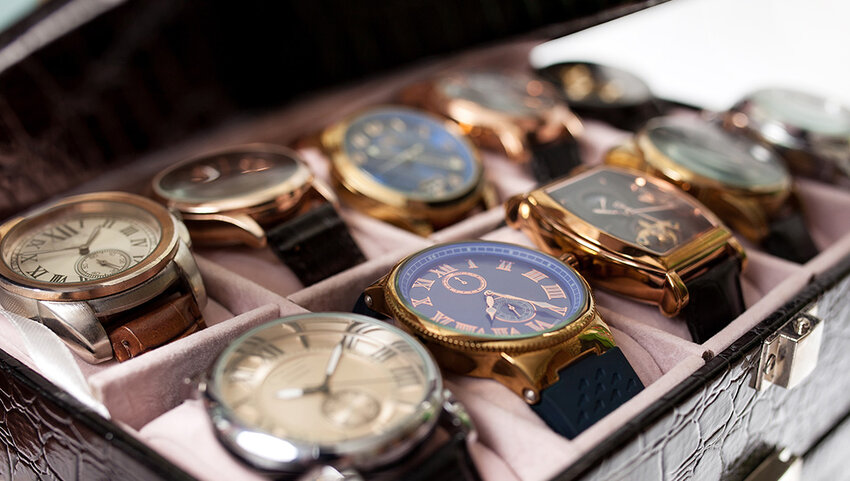
Consider your destination before making any purchases of expensive jewelry. While it may be tempting to treat yourself, in some destinations wearing something flashy might draw unwanted attention. Check travel advisories before you travel. Really expensive items might not be protected by your travel insurance; check the valuables limits stated in your policy to find out what’s covered. Think carefully about the type of traveling you’re about to embark upon and whether you’d be worrying about theft instead of enjoying your vacation. The same goes for wristwatches – but in any case, on vacation aren’t you supposed to lose track of time?

